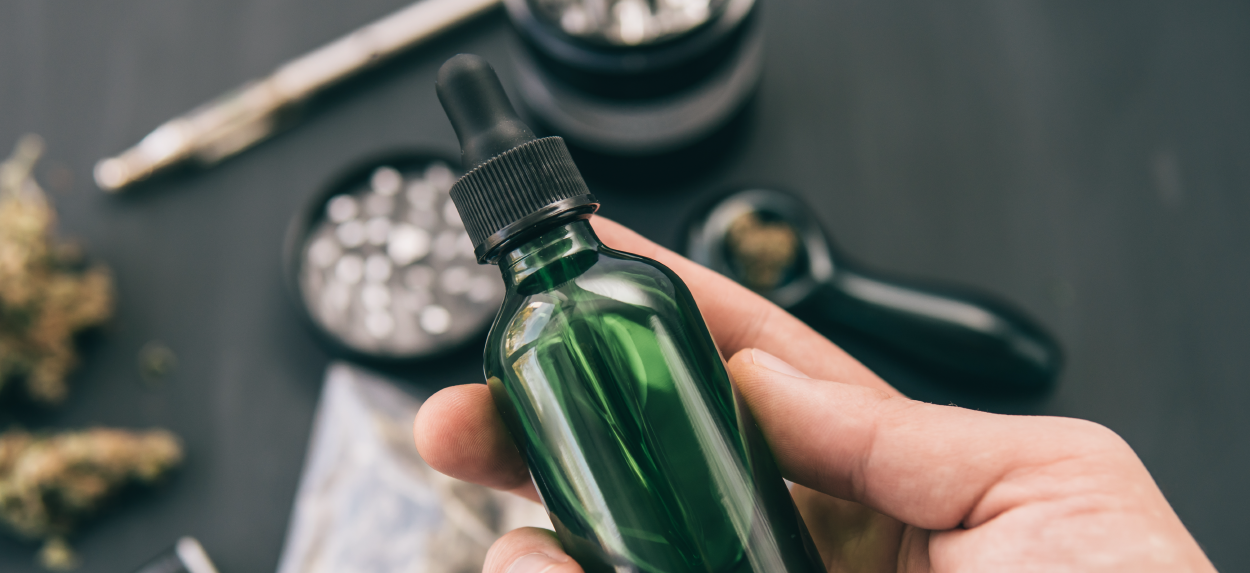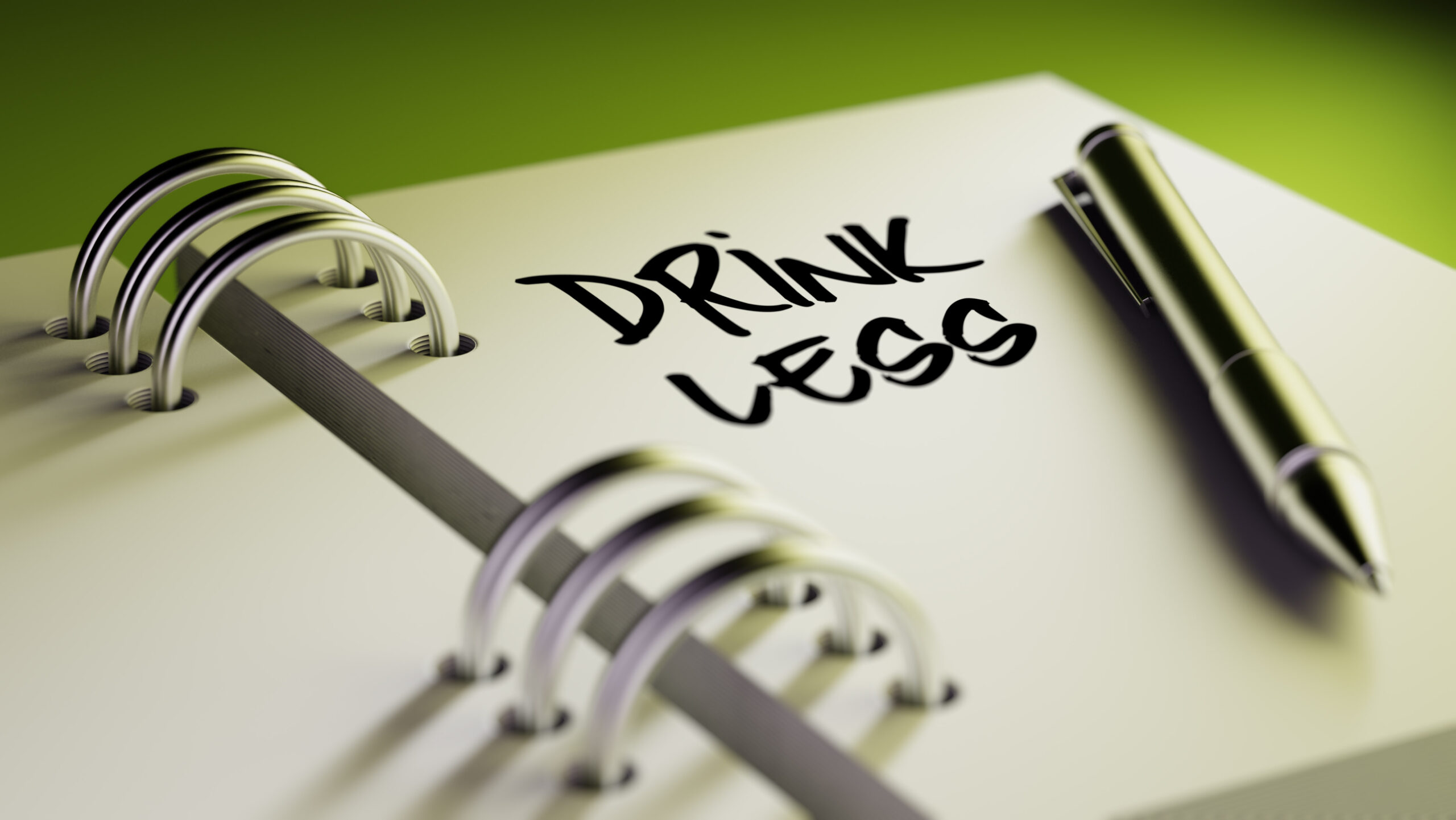Recovery
-
The holiday season is typically a time of joy, shared moments and togetherness for many people. It can also be a tough time for people facing substance use disorder (SUD).

-
September marks National Recovery Month, a time dedicated to raising awareness about substance use disorders and celebrating those in recovery.

-
Everyone will need help with something in life and, hopefully, will find that support in a way that empowers and uplifts their journey. The same is true on the path to recovery.

-
Addiction doesn’t just impact the person suffering from the disease, but their family and friends as well. This support network often feels helpless and discouraged as they watch a loved one’s situation deteriorate.

-
The most commonly used addictive substance following alcohol and tobacco is marijuana. Also known as weed, pot or dope, the term marijuana refers to the flowering portion of the cannabis plant used for recreational purposes.

-
Research is showing that alcohol sales are up since the start of the pandemic. With ongoing isolation and boredom, people may be turning to alcohol to cope with the stress.

-
Experts agree that brains do not fully develop until about age 25. For most people, this is the age when decision-making skills and impulse control begin to stabilize, and adults begin to understand the consequences of actions and make better choices.

-
One of the most common reasons people use opioids is to manage pain from an injury, surgical or dental procedures or joint damage. Degenerative disease, autoimmune disease, cancer and infectious diseases can also trigger chronic pain requiring long-term pain management.

-
In 2019, more than 9 million adults in the U.S. between the ages of 18 and 25 were diagnosed with at least one mental health condition while also being diagnosed with a substance use disorder.

-
Once patients begin their road to recovery from addiction, counseling is an important component for short-term and long-term success. Counseling, also called therapy or psychotherapy, may be different for each person depending on what form of addiction they have and how long they have been struggling.
